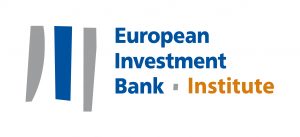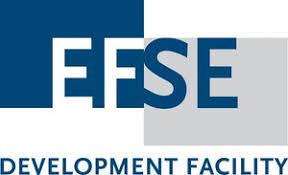Virtual staff recruitment in MFIs
Track 3: Digital Talent Development
For MFIs with large country coverage, especially the recruitment of field staff poses some logistical challenges. A the same time, Covid-19 boosted practices of digital outreach and recruitment of staff. However, virtual methods unfold the challenge on both sides: an employee experiences limited opportunities to present him/herself and an employer to hire the right candidates. That is why it is crucial to understand the elements of the virtual recruitment and their design to help the employer making right choices.
Virtual recruitment process and methods
This webinar focuses on key components of the digital recruitment process, their design and management, taking into account generations differences. We will especially discuss the context of field staff recruitment. We will also share information about supporting tools like ATS or Assessment test.
The webinar is especially for operations and HR managers and people responsible for staff recruitment.

Speaker: Dagmara Seliga, Fluent
Psychologist, coach, business trainer, HR expert with 16 years of experience in multinational companies in variety HR roles, from learning and development, recruitment up to HR director. Works with leaders in creating right culture with balanced approach to results and people development. Supporting leaders in becoming authentic in their roles having positive impact on teams and individuals.
Passionate about strengthening and supporting women.
Her passion is an art and personal development. She spends her free time in nature, with family, hiking or biking, time to time watercolor painting.
The idea was developed based on lessons learnt from the Digital Literacy Bootcamp devoted to digital transformation in microfinance.
Digitalize or die – offering services online is no longer an alternative for MFIs; it is the way as people all over the world change their preferences towards any type of brand and sector. However, today’s leaders must manage not only an organization that undergoes a digital transformation.
The ongoing COVID-19 pandemic boosted the fact that more and more employees work remotely. They have been suddenly forced to deal with work challenges in a time of volatility, anxiety, fast changing circumstances and many uncontrolled risks. Thus, the leaders manage people that live in a VUCA world (volatile, uncertain, complex, ambiguous). They manage virtual teams that often consist of three generations (X, Y, Z) with varying skills and attitudes.
This requires leaders to make sure they improve skills like emotional intelligence, managing generational differences, and building an organizational culture that embraces fast changing consumers’ preferences and fashion, driven by accelerating technology.


